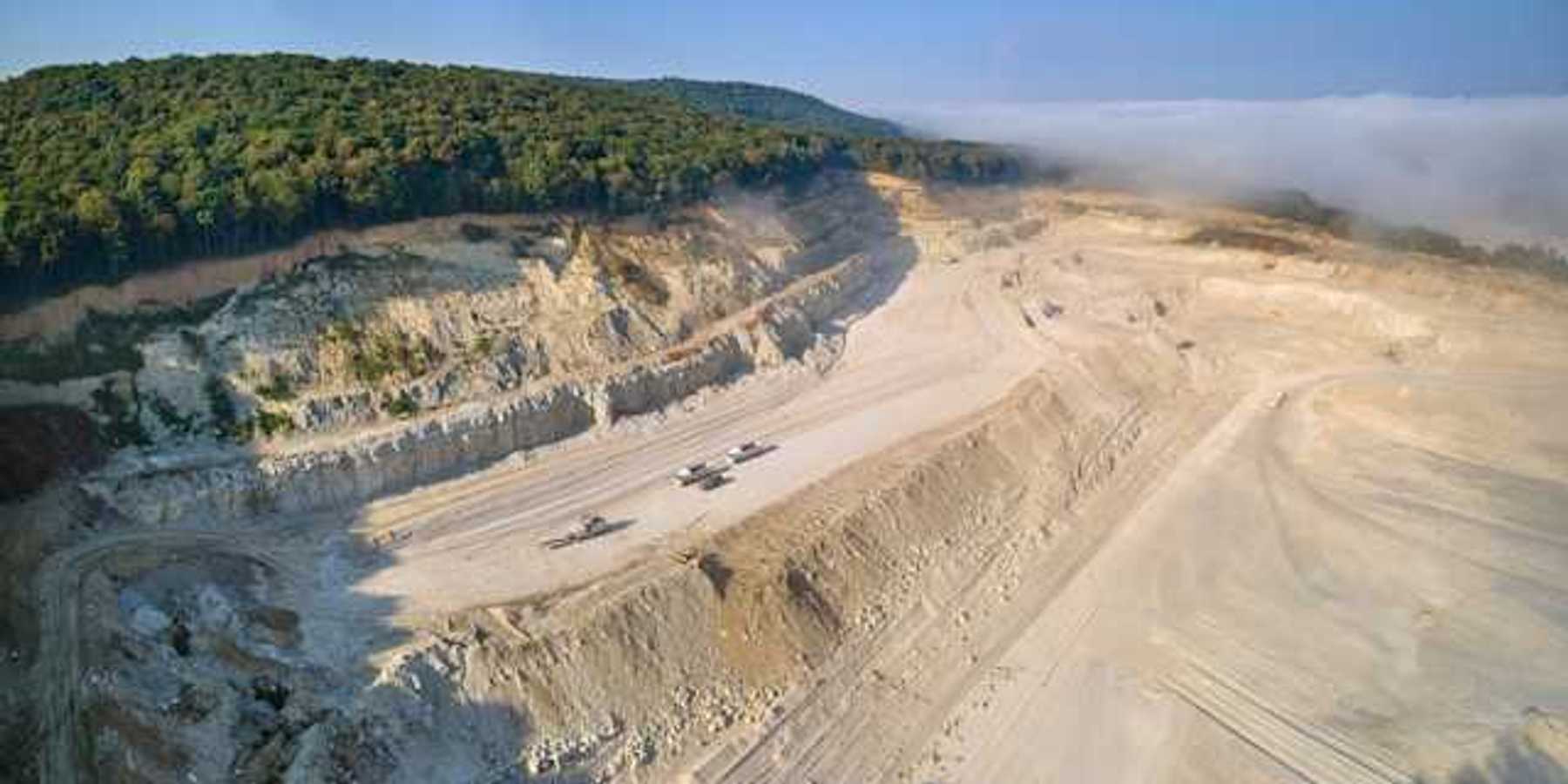Pennsylvania will monitor private drinking water wells near the East Palestine train derailment site for 10 years
Residents remain concerned about how the accident is impacting their health.
A year and a half after a catastrophic Norfolk Southern train derailment and chemical fire in East Palestine, Ohio, the Pennsylvania Department of Environmental Protection has announced plans to monitor private drinking water wells for Pennsylvania residents living within one mile of the accident site for the next decade.
East Palestine borders Pennsylvania, and a recent study found that toxic chemicals from the incident spread to at least 16 states.
The chemicals released in the spill, including vinyl chloride, 2-butoxyethanol and 2-ethylhexyl acrylate, are used to manufacture plastic. Exposure to these chemicals is linked to headaches, nausea, neurological problems, liver damage and cancer, among other health effects. Residents in surrounding regions have reported lingering health problems like stomach aches, headaches and respiratory problems in the wake of the incident.
“There has not been any detection of ongoing contamination related to the derailment and subsequent controlled burn,” Jessica Shirley, acting secretary of the Pennsylvania Department of Environmental Protection, said in a statement, referring to the controlled burning off of flammable, toxic chemicals after the derailment that was later revealed to have been unnecessary.
“[We] will continue to monitor the private drinking water and groundwater to make sure that if there is an issue down the road we can both alert residents and take action to address it immediately,” she added.
The water monitoring program is a requirement in the proposed federal settlement between Norfolk Southern and the U.S. Environmental Protection Agency (EPA), which provides funding for private water well monitoring near the site in both Pennsylvania and Ohio, along with a 20-year community health program that includes ongoing medical monitoring for residents within two miles of the derailment and first responders who were on the scene within a month of the accident. The program includes routine exams, bloodwork, pulmonary function tests and x-rays, among other services. The settlement also includes mental health services for first responders and people who lived in Columbiana County, Ohio, and Beaver or Lawrence Counties, Pennsylvania, at any time from February 3, 2023, through the date of the settlement.
“[We] will continue to monitor the private drinking water and groundwater to make sure that if there is an issue down the road we can both alert residents and take action to address it immediately." — Jessica Shirley, Pennsylvania Department of Environmental Protection
The details of the water monitoring plans aren’t finalized, but the agreement states that they must include contingency actions if elevated levels of contaminants are detected. The Pennsylvania Department of Environmental Protection will also oversee Norfolk Southern’s testing of three groundwater monitoring wells located in Pennsylvania as part of the agreement.
Norfolk Southern will pay $15 million in fines for Clean Water Act violations. The company will also have to address environmental and health harms and make various improvements to its safety operations, which the company has estimated will cost $1 billion.
The Pennsylvania Department of Environmental Protection and the state’s attorney general submitted comments criticizing the proposed federal settlement, asking for the agreement to include more expansive testing, payment from Norfolk Southern for health treatment costs for those impacted, environmental monitoring beyond two miles out from the derailment site and requiring the company to adopt additional safety measures.
Norfolk Southern also recently reached a $600 million private class-action settlement for residents living within 20 miles of the site. Residents recently had to decide whether to accept up to $25,000 per person for personal injuries in exchange for losing the right to sue later on if someone develops cancer or other serious illness because of the chemical exposure.












